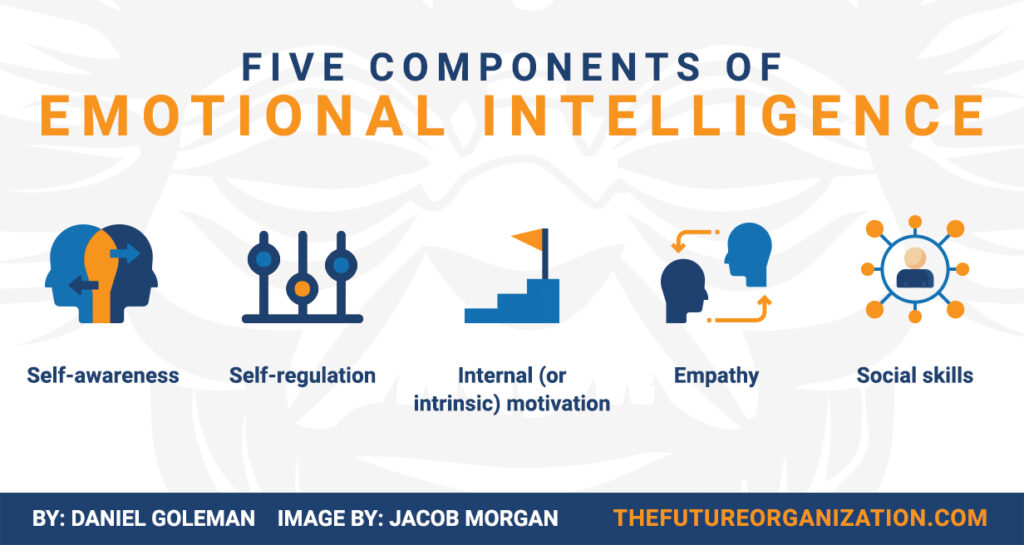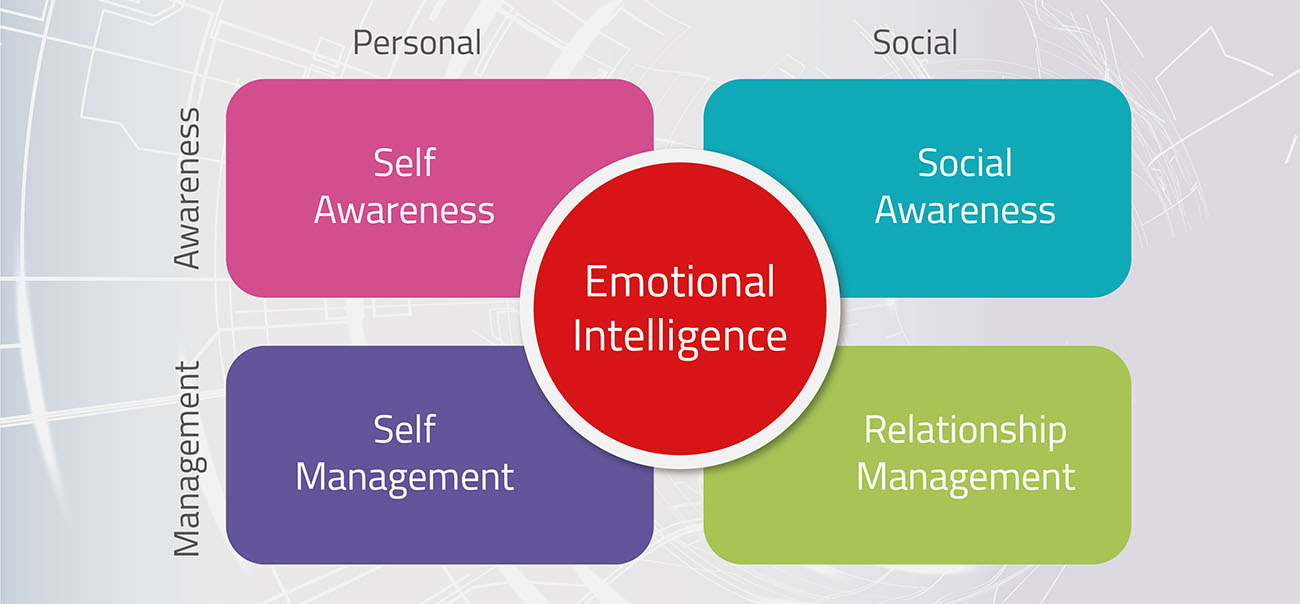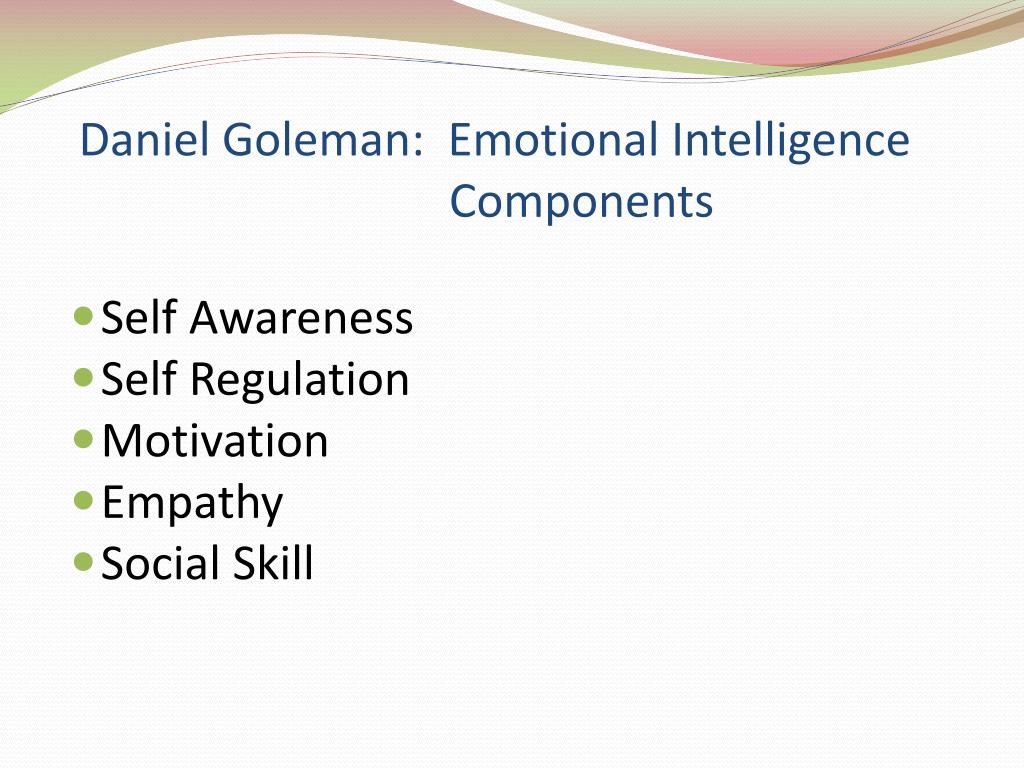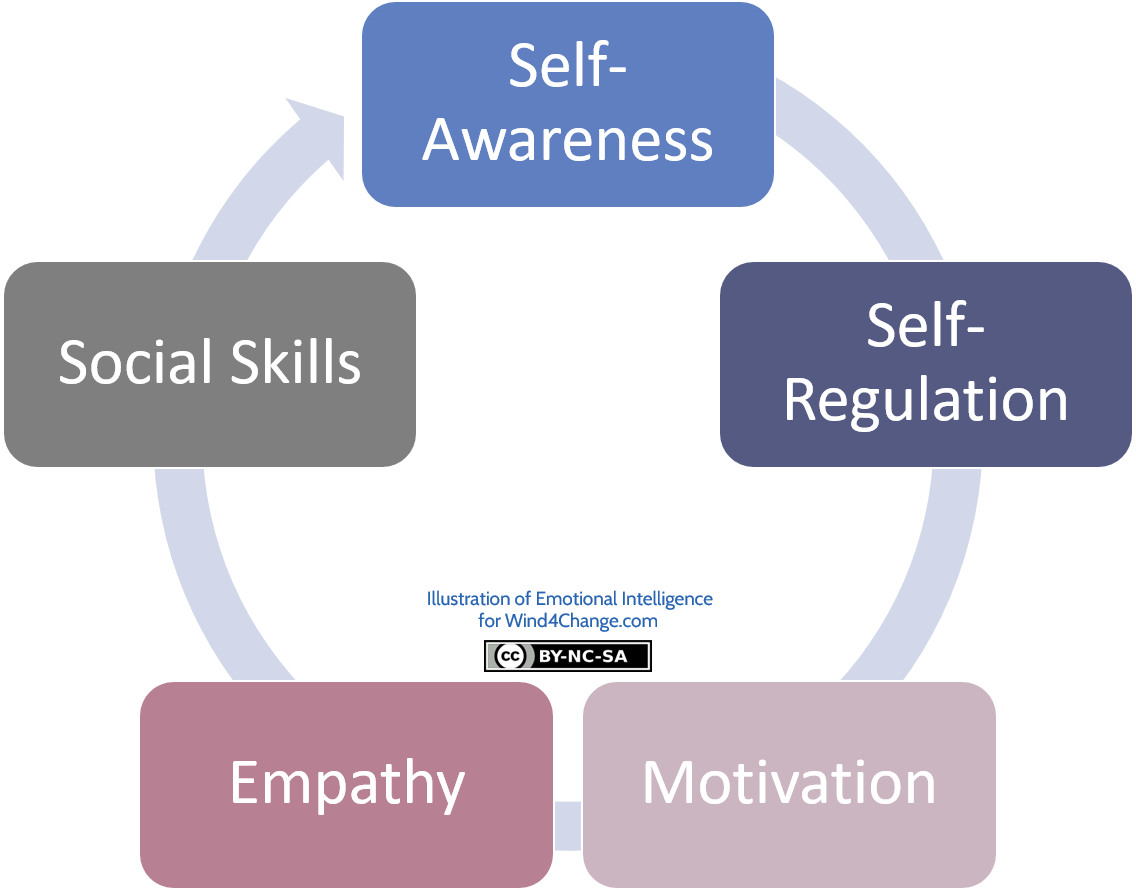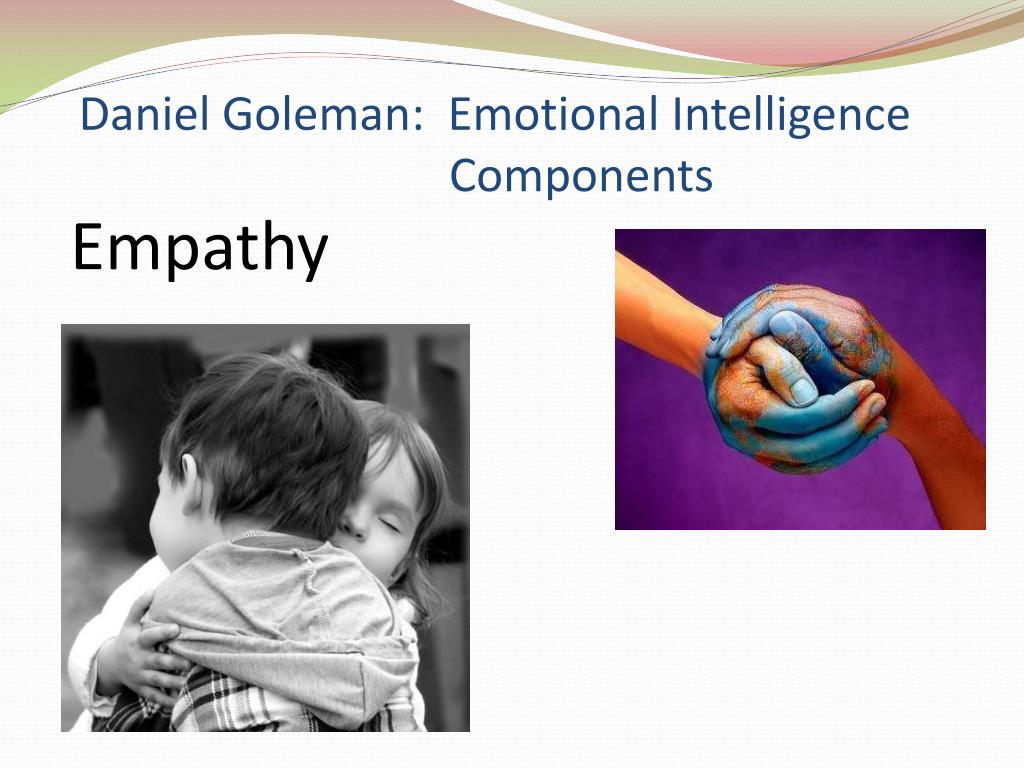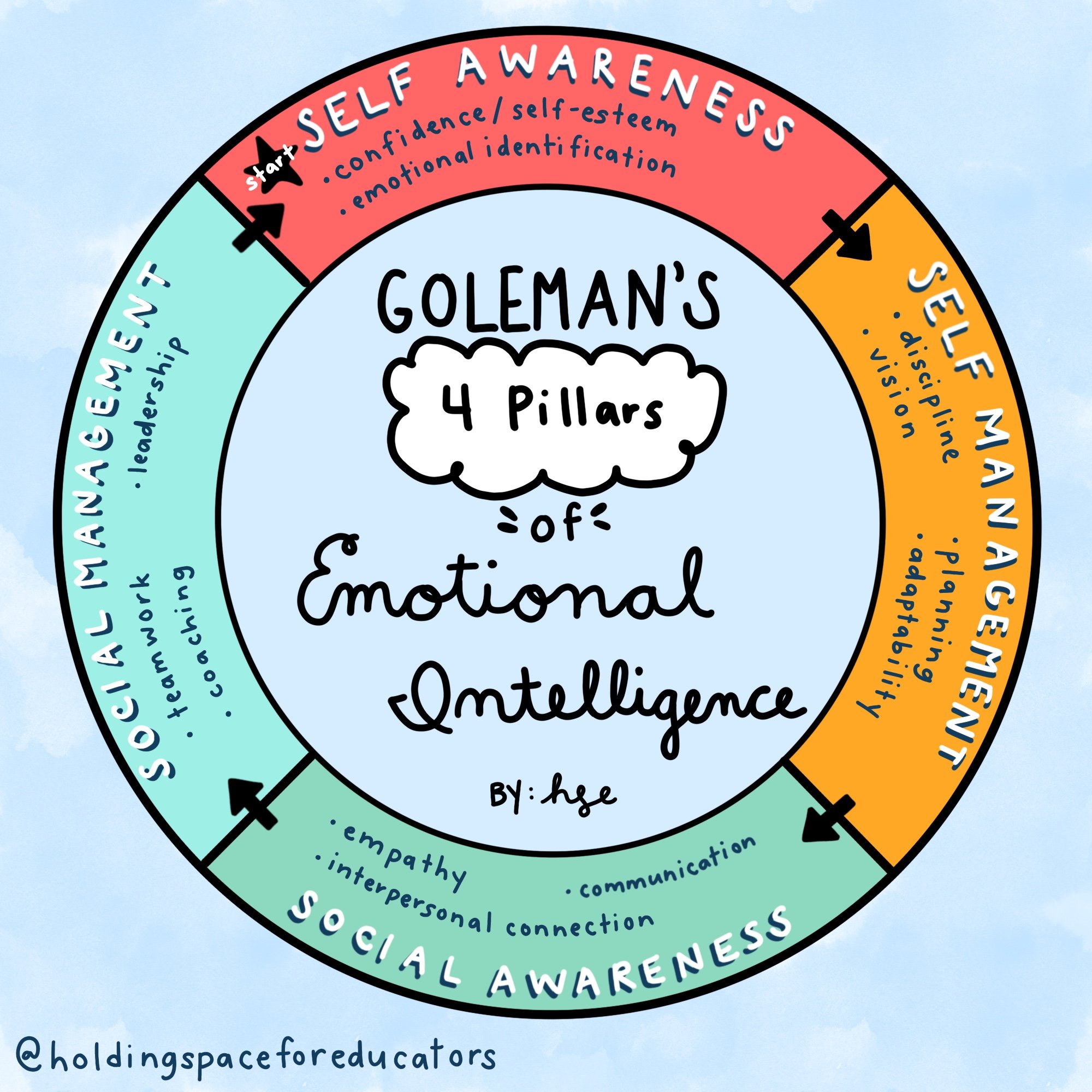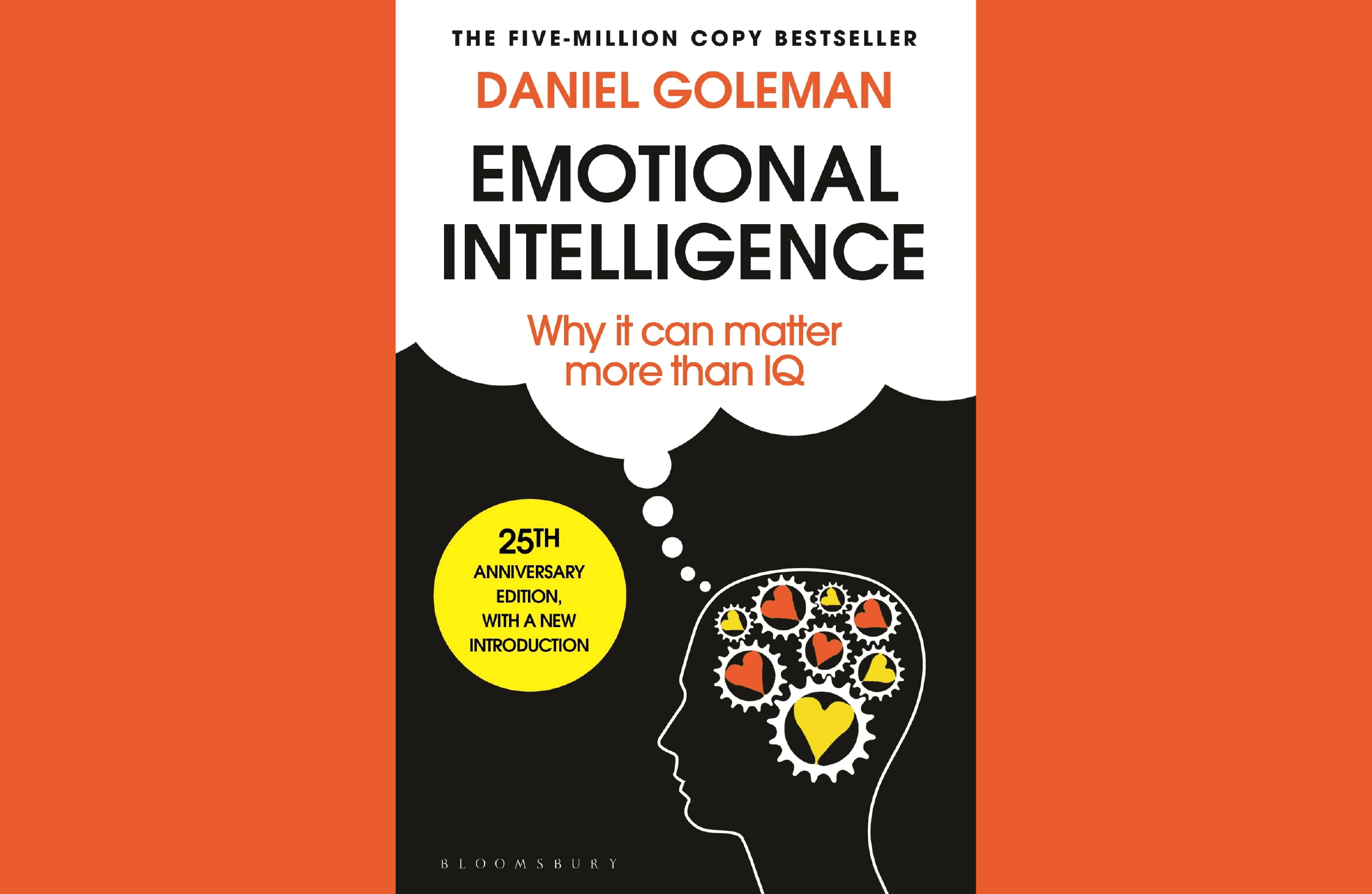Daniel Goleman Emotional Intelligence Components

In today's fast-paced and interconnected world, success hinges not just on traditional intelligence, but also on the ability to understand and manage emotions. This has driven increasing interest in emotional intelligence (EQ), a concept popularized by psychologist Daniel Goleman. The principles of EQ are now influencing leadership development, team dynamics, and individual well-being across various sectors.
This article delves into the core components of Goleman's model, exploring the five key areas that contribute to a high EQ. We will examine the impact of each component on personal and professional life, and consider the practical implications of cultivating these skills for a more fulfilling and successful future.
Understanding Daniel Goleman's Framework
Goleman's emotional intelligence framework comprises five essential components. These components are self-awareness, self-regulation, motivation, empathy, and social skills. Each element builds upon the others, creating a holistic model for understanding and enhancing emotional capabilities.
Self-Awareness: The Foundation of EQ
Self-awareness is the ability to recognize and understand one's own emotions, strengths, weaknesses, values, and motives, as well as their effect on others. Individuals with high self-awareness can accurately assess their feelings and how they influence their behavior. This awareness leads to more informed decision-making and a stronger sense of self.
According to Goleman's research, self-awareness is the cornerstone of emotional intelligence. Without it, individuals are less likely to accurately gauge their emotional states and manage their reactions effectively. Increased self-awareness often leads to increased confidence.
Self-Regulation: Managing Emotions Effectively
Self-regulation, also known as self-management, involves controlling or redirecting disruptive impulses and moods, and thinking before acting. It is about managing emotions in a healthy and productive way. Individuals who excel in self-regulation are adaptable, comfortable with ambiguity, and exhibit integrity.
Goleman emphasizes that self-regulation doesn't mean suppressing emotions entirely. Instead, it's about acknowledging emotions and finding constructive ways to express them. This component is crucial for maintaining composure under pressure and building trust with others.
Motivation: Driving Towards Goals with Passion
Motivation, in the context of emotional intelligence, refers to being driven to achieve beyond expectations for reasons that go beyond money and status. It involves pursuing goals with energy and persistence. Passionate individuals are often committed, optimistic, and resilient, even in the face of setbacks.
Goleman's work highlights that intrinsic motivation is a key differentiator between high achievers and average performers. A strong internal drive fuels creativity, innovation, and a willingness to take calculated risks. This is very important for those who work alone.
Empathy: Understanding Others' Perspectives
Empathy is the ability to understand the emotional makeup of other people. It is recognizing and understanding others' emotions and reacting appropriately. Empathetic individuals are skilled at building rapport, showing sensitivity, and effectively navigating diverse perspectives.
This skill is particularly important in leadership roles, where understanding and responding to the needs of team members is essential for fostering a positive and productive work environment. Empathy is not the same as sympathy. It is simply the ability to understand what the other person is going through.
Social Skills: Building Relationships and Influence
Social skills encompass proficiency in managing relationships and building networks. It is finding common ground and building rapport. Individuals with strong social skills are adept at communication, collaboration, and conflict resolution. They tend to be persuasive, influential, and effective in leading teams.
According to Daniel Goleman, social skills are critical for navigating complex social dynamics and achieving collective goals. These skills enable individuals to build strong and lasting relationships, which are essential for both personal and professional success. Good social skills can help in many situations.
The Impact of EQ in Different Settings
The principles of emotional intelligence have far-reaching implications across various domains. In the workplace, EQ is linked to improved leadership, team performance, and customer satisfaction. In personal life, it fosters healthier relationships, greater resilience, and overall well-being.
Organizations are increasingly recognizing the value of EQ training for employees. Programs designed to enhance self-awareness, self-regulation, empathy, and social skills are becoming more common. The goal is to create a more emotionally intelligent workforce capable of thriving in a dynamic and competitive environment.
Cultivating Emotional Intelligence
Emotional intelligence is not a fixed trait; it can be developed and enhanced through conscious effort and practice. There are several strategies individuals can use to improve their EQ. Seeking feedback from others, practicing mindfulness, and engaging in self-reflection are all valuable tools.
Daniel Goleman emphasizes the importance of lifelong learning and continuous self-improvement in the pursuit of emotional intelligence. By actively working on these key components, individuals can unlock their full potential and lead more fulfilling lives.
Looking Ahead: The Future of EQ
As the world becomes increasingly complex and interconnected, the importance of emotional intelligence will only continue to grow. In a future shaped by rapid technological advancements and evolving social norms, the ability to understand and manage emotions will be an indispensable skill. Emotional intelligence will continue to rise.
The research of Daniel Goleman and other experts in the field will continue to inform our understanding of EQ. This will help individuals and organizations alike to cultivate the emotional capabilities needed to thrive in the years to come. The principles can be taught to children as well.
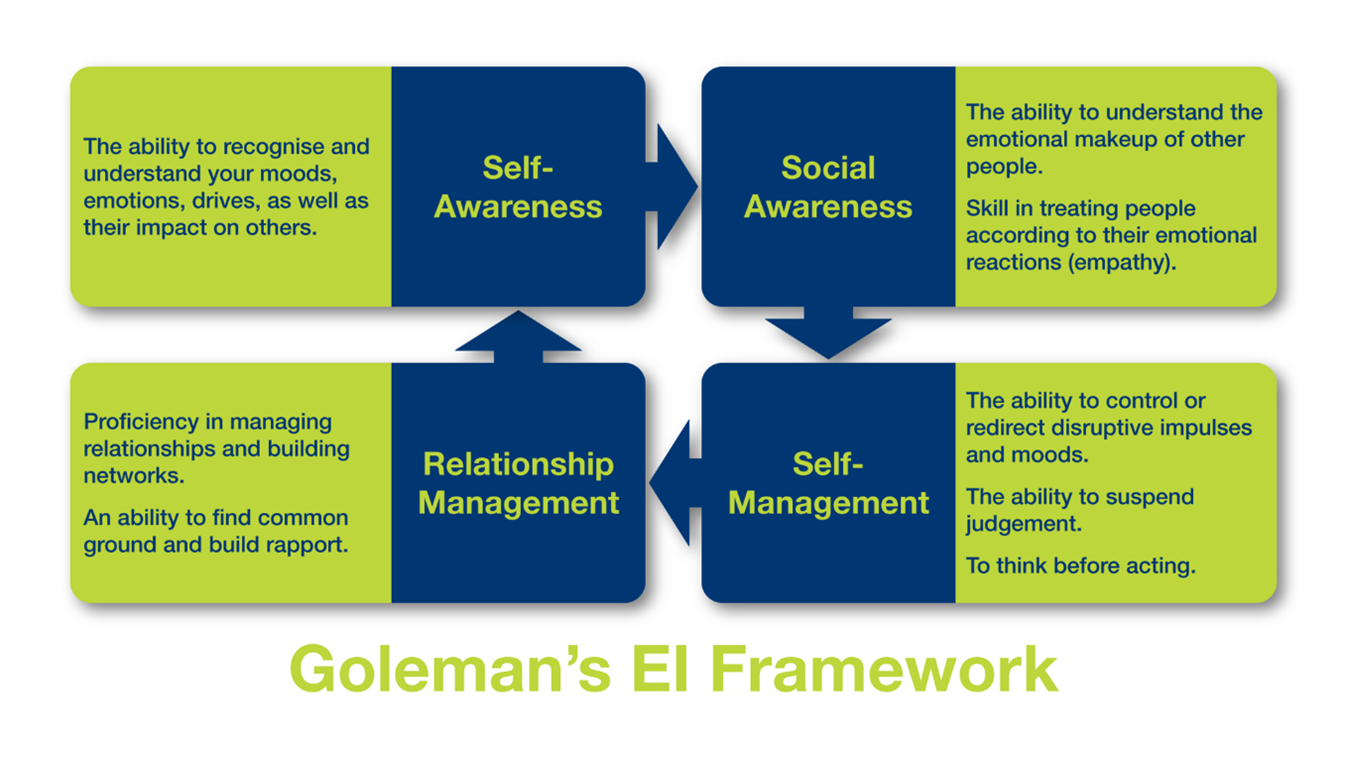
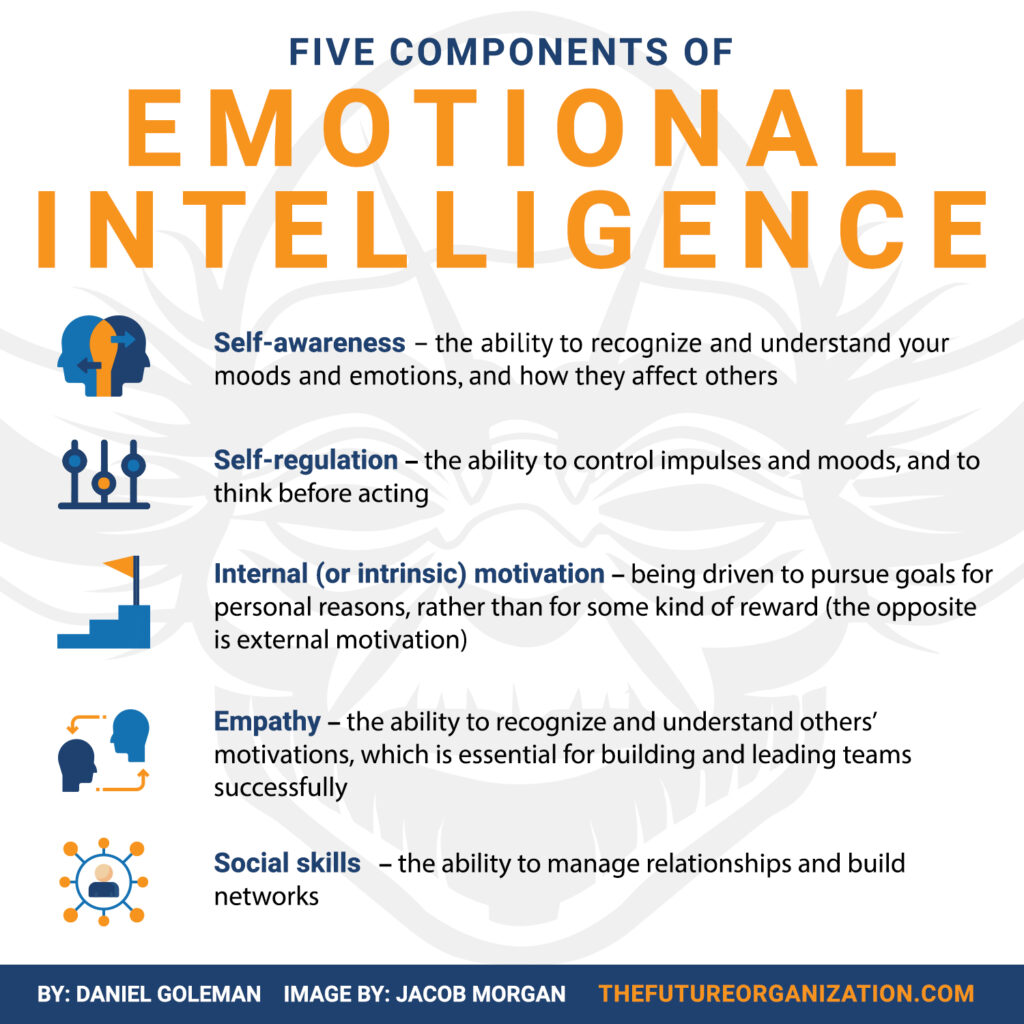
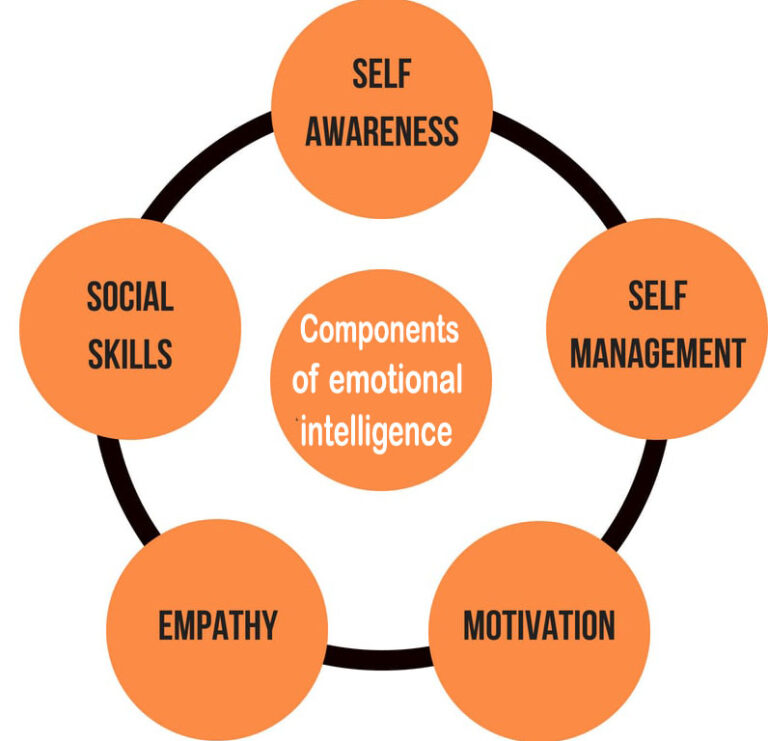
![Daniel Goleman Emotional Intelligence Components Daniel Goleman's Emotional Intelligence framework [4]. | Download](https://www.researchgate.net/profile/Mushtak-Al-Atabi/publication/311950762/figure/fig1/AS:444453933588480@1482977483044/Daniel-Golemans-Emotional-Intelligence-framework-4.png)
